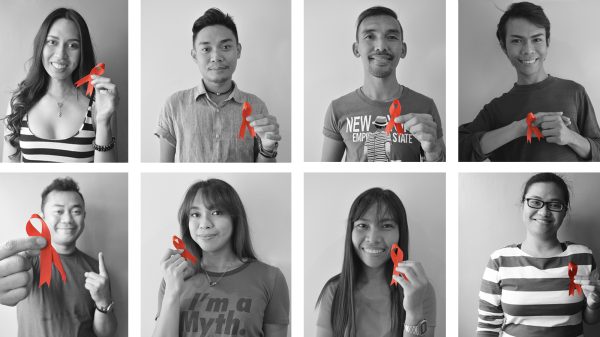School connectedness buffers against depression symptoms associated with being a victim of peer bullying in adolescence.
This is according to a study – “Peer bullying victimization, psychological distress, and the protective role of school connectedness among adolescents” by Tiwaloluwa A. Ajibewa, Kiarri N. Kershaw, Mercedes R. Carnethon, et al – that was published in BMC Public Health.
The study included data on 2,175 adolescents. Participants were representative of births in large U.S. cities during 1998 – 2000. Researchers focused on ages 9 and 15 to assess the psychological effects of peer bullying and the potential protective measures. The primary aim was to examine peer bullying victimization experiences in childhood (i.e. prior), adolescence (i.e. recent), and in both periods (i.e. cumulative, or long-term).
“Previous studies examining bullying victimization and health outcomes among children and youth have often measured bullying victimization at a single time point, neglecting the potential cumulative effects of bullying across childhood,” said co-author Nia Heard-Garris. “Our study adds to the current literature by simultaneously considering cumulative bullying experiences and the buffering effect of school connectedness.”
This time, school connectedness was measured by the degrees of inclusiveness, closeness, happiness and safety of adolescents within the school environment.
The researchers found nearly 12% of participants reported experiencing bullying at both ages 9 and 15, while 43% experienced bullying at age 9 alone, 5.7% experienced bullying at age 15 only, and close to 40% reported having had no experiences with bullying at either age.
“We found that peer bullying during adolescence was associated with higher anxiety and depression symptoms than peer bullying experiences during childhood,” said Heard-Garris. “This finding might be due in part to the heightened social sensitivity of adolescents to their peers and the significant influence of peer relationships amongst teenagers than children. Likewise, we saw that school connectedness was more protective against depression in teens than in younger children.”
“Our results highlight the importance of promoting school connectedness, especially among adolescents,” she added. “Teachers can foster peer support by encouraging students to learn more about each other and incorporating collaborative projects into the curriculum to better enable groups of students to work together.”
The researchers stressed that although our data shows that bullying was more common during childhood, adolescence emerged as the more vulnerable period in terms of psychological distress. As such, “future studies should consider whether the influences of peer bullying in adolescence persist in early, middle and late adulthood.”























































